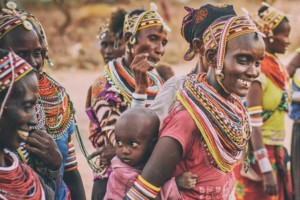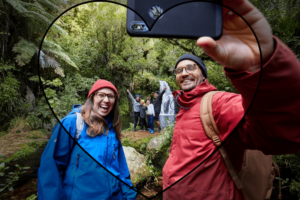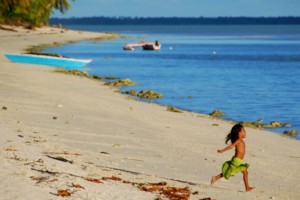From linear to circular: How to build resilience in small island tourism destinations
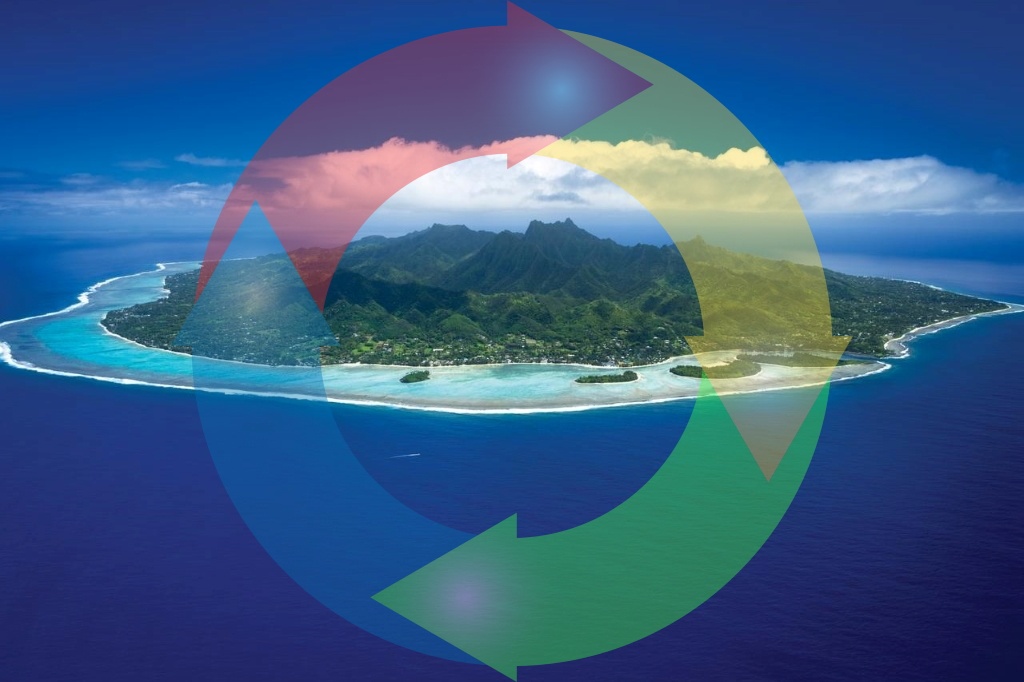
The clue is in its name. Travel & tourism’s fatal flaw is its total reliance on freedom of movement. Lockdowns and border closures in response to COVID-19 have blindsided tourism-dependent economies and devastated livelihoods. In this “Good Tourism” Insight, sustainable tourism consultant Angelo Sciacca argues that now is a good time for the stakeholders of small island destinations to build resilience via the principles and practices of the circular economy.
The effects of tourism are felt most acutely in small island destinations. It is no surprise then that these territories have suffered the most from the COVID-19 pandemic, including the loss of many livelihoods.
In this article I will argue that by adopting circular economic principles and practices the tourism sector can contribute to the resilience of small island destinations. I will delineate a recovery path that emphasises not only low-carbon green growth but also social growth where communities can build their own capacity to deal with future challenges.
Re-imagining tourism: From linear to circular tourism
The tourism sector is largely rooted in a traditional linear economic model in which resources are taken, used, and disposed of. These linear practices have their own negative social and environmental effects — their “economic externalities” — and they jeopardise the tourism sector’s ability to generate sustained long-term benefits to destinations and all who call them home.
The circular economy, however, looks beyond the current take-make-waste economic model, redefines growth, and focuses on positive society-wide impacts. Simply put, the circular economy entails the decoupling of economic activities from the consumption of finite resources. It also seeks to eradicate waste by keeping products and materials in use for as long as possible. This makes a community more resilient as it is less reliant on new inputs. A community becomes more self-sufficient.
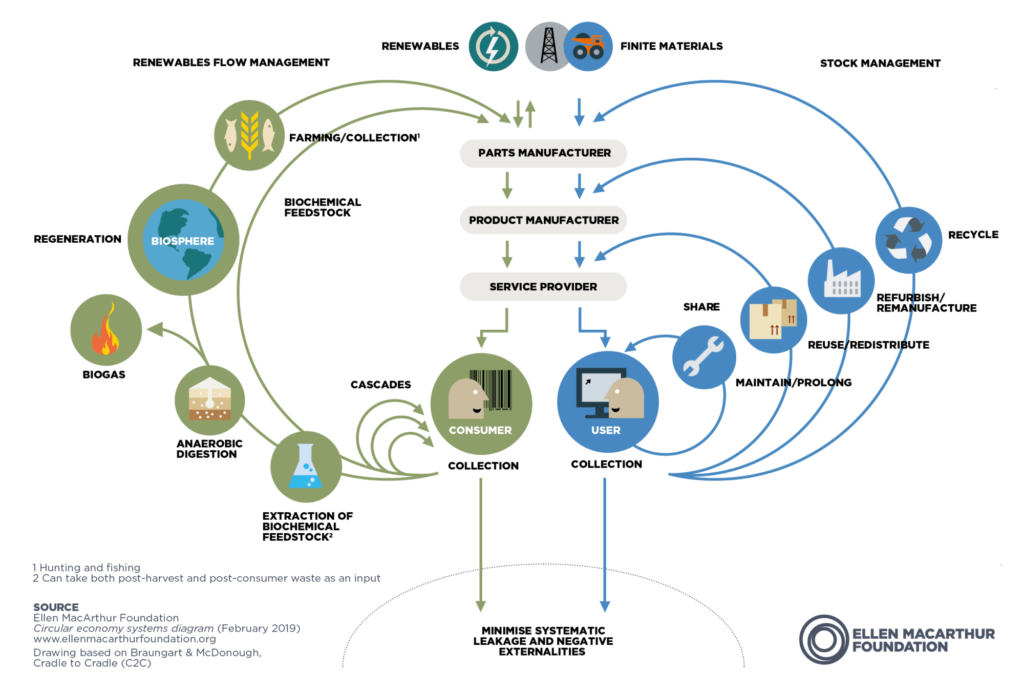
How can a circular economy build resilience in small island destinations?
Based on the need to build resilience into small island destinations after COVID-19 and beyond, here I summarise six ways a circular tourism economy would achieve that:
1. Host community resilience through enhanced communication, networking, and collaboration
The systemic nature of a circular economy requires a destination’s collective effort to manage all its resources with the goal of maximising their value without ever discarding them. For example, a tourism operator seeking to maximise the value of its food by-products may need to work with a third party to re-process or compost them. To find a solution is a whole-of-destination effort that may involve industries outside of tourism. The same logic applies when seeking how to repair, re-manufacture, reuse, etc.
The circular tourism economy would, therefore, stimulate better communication, networking, and collaboration, and result in a better-connected and more cohesive island community. Connection and cohesion are key indicators of a host community’s resilience and can have positive effects during crises.
2. Host community resilience through local supply chains
A circular tourism economy will inevitably stimulate local suppliers to the tourism sector to replace suppliers from further afield. Shorter supply chains will not only allow for better economic linkages and economic diversification at the local level but will also boost host community resilience by decreasing its reliance on global supply chains. This is particularly important for remote island destinations, where external events can dramatically disrupt imports.
3. Host community resilience through green investments and green finance
Recovery efforts are often characterised by new investments, changes in regulatory frameworks, and incentives aimed at helping an industry. A recovery process in a circular tourism economy would point investment and financial mechanisms towards the latest low-GHG (greenhouse gas) solutions and the smartest technologies to help a small island destination better manage critical resources. In turn, the host community will inevitably become more self-sufficient and resilient.
4. Host community resilience through digitalisation
Under a circular tourism scenario, green finance would support the deployment of digital technologies that connect stakeholders, promote transparency, and enable new circular business models. Digital technologies can pave the way for innovative adaptation measures, support decision-making, and identify new business opportunities during crises.
5. Host community resilience through decentralisation and self-determination
Because circular practices depend upon the efficient management of material flows, decision-making should be as fast and frictionless as possible. A circular tourism economy could be characterised as decentralised activities driving grassroots initiatives i.e. local communities identify opportunities and then manage them through decision-making that is shared within a network rather than entrusted to a central authority. Perhaps digitally-enabled, decentralised mechanisms accelerate decision-making and contribute to resilience by actively engaging all relevant stakeholders in the host community.
6. Host community resilience through economic diversification and jobs
The decentralisation required of a successful circular tourism economy will be the main driver of economic diversification much needed in small island destinations that are currently over-reliant on tourism. The transition will require new skills. While adapting their business models, tourism businesses will need to acquire, upgrade, or hire skills such as critical thinking, problem-solving, risk assessment, and so on. These new or improved skills will contribute to resilience by providing host communities with the ability to be more proactive and pragmatic during crises.
In this article I have shared some of the key ways by which a circular tourism economy would improve community resilience in small island destinations. It is important to note that this is far from exhaustive.
Tourism frameworks and recovery strategies in the future should recognise the importance of maximising the value of resources, including the untapped value of those that have traditionally been discarded as waste, and especially in small island destinations where the tourism sector plays such an enormous socio-economic role.
Such a circular approach implies a radical transformation, yet it need not be. It simply allows problem-solving initiatives and innovative projects to emerge from local communities where there are local problems to be solved, local ambitions to be met, and local knowledge to be tapped. (Interestingly, new community-derived initiatives and projects are often rooted in traditional knowledge, skills, and practices, which lend them an increasingly valuable authenticity.)
In the meantime, planners should identify opportunities, risks, and challenges for island territories and tailor recovery strategies for them that provide a realistic and manageable stimulus for green and circular growth.
What do you think? Share a short anecdote or comment below. Or write a deeper “GT” Insight. The “Good Tourism” Blog welcomes diversity of opinion and perspective about travel & tourism because travel & tourism is everyone’s business.
Featured image (top of post): Rarotonga, Cook Islands. Picture: David Kirkland. Circular arrows (added to image by “GT”): Gordon Johnson (CC0) via Pixabay.
About the author
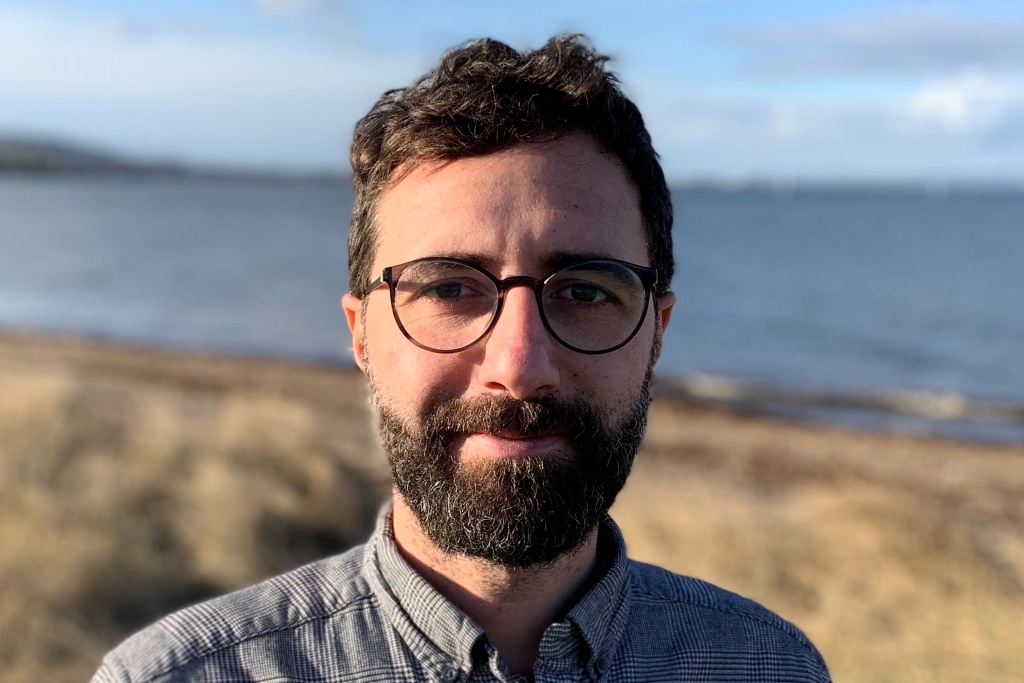
Angelo Sciacca is a PhD candidate at Edinburgh Napier University conducting his doctoral research in the Orkney Islands, Scotland. His work focuses on “the barriers and enablers to a circular economy faced by tourism businesses” and is particularly interested in how small island destinations’ “territorial features may influence a circular economy transition”. Angelo is also a sustainable tourism consultant “working at the crossroad of sustainability, tourism and community development”. Since 2017, he has regularly collaborated with NGOs working in Myanmar.


